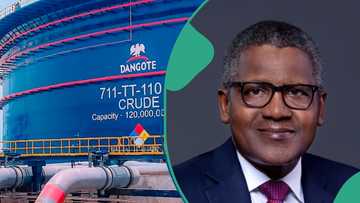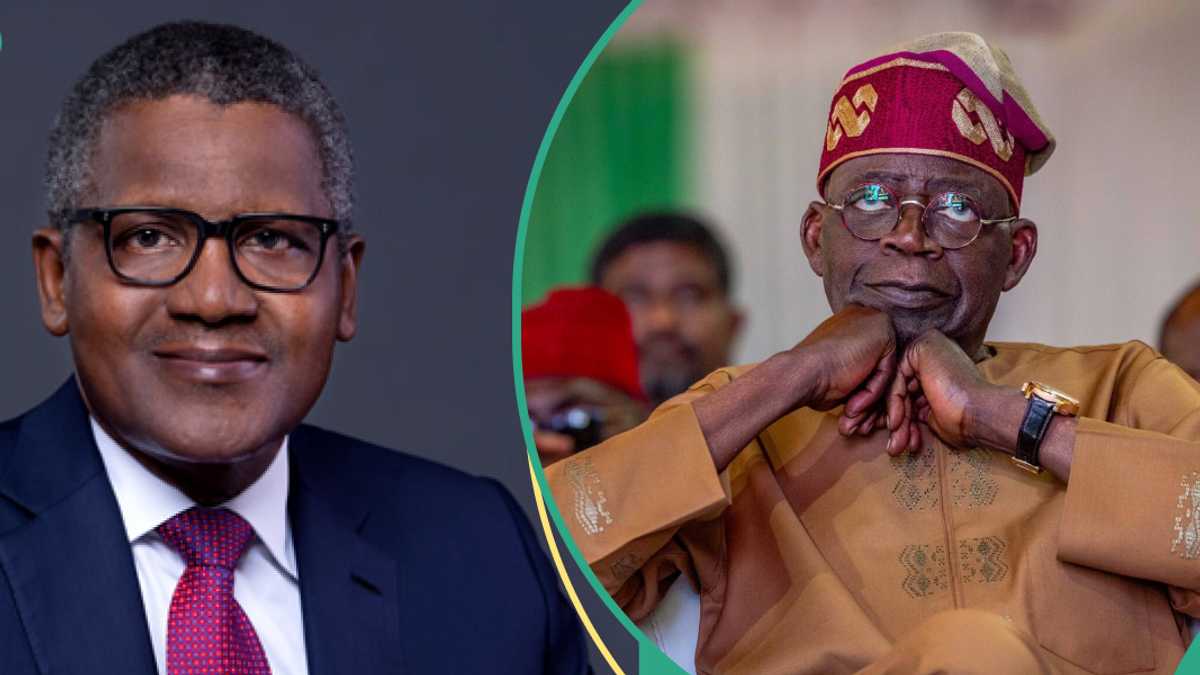A law firm has investigated the procedures for upholding the nation’s commitments on the supply of crude oilThis is part of its effort to to improve Nigeria’s refining capacity as well as their implementation frameworkIt admitted that lessees of upstream operations are subject to domestic crude oil supply requirements by the NUPRC
Henzodaily.ng journalist Zainab Iwayemi has over 3-year-experience covering the Economy, Technology, and Capital Market.
In an effort to improve Nigeria’s refining capacity, the Tope Adebayo LP, a full-service legal firm with offices in Lagos, has looked into the mechanisms for enforcing the country’s crude oil supply obligations as well as their implementation framework.
The Nigerian Upstream Petroleum Regulatory Commission has been urged by a company to uphold contractual duties. Photo Credit: FG
Source: UGC
The firm urged the Nigerian Upstream Petroleum Regulatory Commission to uphold contractual obligations.
In a study on Nigeria’s oil and gas industry titled “Implementation Framework and Potential Implications of the Domestic Crude Supply Obligations,” TALP applauded the government’s efforts to increase the nation’s capacity for refining.

Read also
After deal to slash fuel prices, Dangote refinery exports PMS to another African country
It, however, recommended vigilance in the enforcement mechanism given the obligations outlined in existing contracts.
In order to improve local refining capacity, prevent shortages and inadequate supply, support strategic economic development, and promote energy security, the law firm acknowledged that the PIA permits the NUPRC to impose domestic crude oil supply obligations on lessees of upstream petroleum operations.
It further stated that, even in cases where production in a given quarter falls short of the allotted production quotas, the Production Curtailment and Domestic Crude Oil Supply Obligations Regulations 2023 gave precedence to domestic supply obligations over export commitments in order to guarantee a consistent supply of crude oil to the domestic market.
The Nigerian Midstream and Downstream Petroleum Regulatory Authority and the commission are both in charge of carrying out the DCSOs.
According to the article, the NMDPRA is entrusted with providing NUPRC with the crude oil requirements for operational refineries and notifying the commission of any shortages or inadequate supply conditions affecting local refineries frequently.

Read also
Filling stations reduce fuel price as Dangote, marketers strike deal
However, it urged industry participants to take a proactive stance that preserves operational and financial flexibility while taking into consideration prospective regulatory changes brought about by pertinent PIA provisions like Section 109(4) and Section 231, among others.
It could be recalled that the Dangote refinery and other local refineries have recently been up in arms with the NUPRC, accusing it of supporting international oil companies, which they said refused to sell crude to the domestic market.
Dangote replies NMDPRA over product quality
Henzodaily.ng reported that Dangote Industries Limited (DIL) has condemned a report criticizing the quality of its products, stating that its diesel is 80% superior to the ones imported from abroad.
The company’s spokesman, Anthony Chiejine, disclosed this in a statement on Friday, July 19, 2024, and called the reports mischievous and meant to destroy the company’s reputation.
The company was reacting to a video in which the Chief Executive Officer of Nigeria Midstream and Downstream Petroleum Regulatory Authority (NMDPRA), Farouk Ahmed, claimed that local refineries, including the Dangote refinery, produce inferior products compared to imported ones.
PAY ATTENTION: Сheck out news that is picked exactly for YOU ➡️ find the “Recommended for you” block on the home page and enjoy!
Source: Henzodaily.ng
